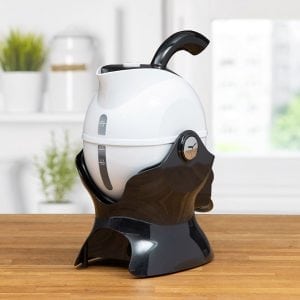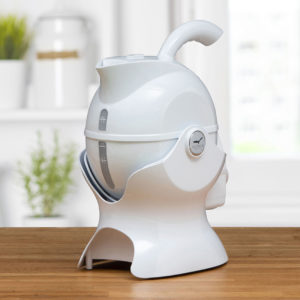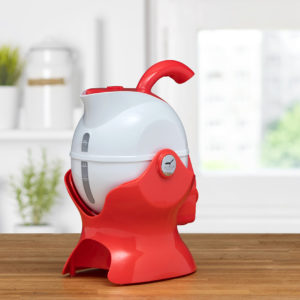Hand therapy is a specialised area of occupational therapy that focuses on the rehabilitation and functional improvement of the hand and upper extremity. Our hands are intricate and versatile tools, crucial for everyday tasks and activities. Whether it’s gripping a coffee mug, typing on a keyboard, or playing a musical instrument, the strength and mobility of our hands significantly impact our quality of life.
Today, we will explore the world of hand therapy, its importance, and how it can make a difference in the lives of those who require it.
The Significance of Hand Therapy
Hand injuries or conditions can be debilitating, affecting not only physical abilities but also emotional well-being. Hand therapy plays a pivotal role in the recovery process, addressing a wide range of issues, including:
- Post-Surgical Rehabilitation: After hand surgery, whether due to fractures, tendon injuries, or joint replacements, handy therapy aids in restoring strength, flexibility, and function.
- Traumatic Injuries: Hand therapists assist individuals who have experienced trauma, such as crush injuries or amputations, to maintain optimal function and adapt to their new circumstances.
- Arthritis Management: For those with arthritis, hand therapy can alleviate pain, improve joint mobility, and provide strategies for managing daily activities with less discomfort.
- Neurological Conditions: Hand therapists work with patients affected by conditions like stroke or nerve damage to retrain their hands and improve coordination.
The Role of a Hand Therapist
Hand therapists are skilled occupational therapists or physical therapists who have undergone specialised training in upper extremity rehabilitation. They assess, diagnose, and develop personalised treatment plans tailored to the individual’s specific needs. These plans often include:
- Therapeutic Exercises: Patients engage in exercises designed to enhance hand strength, flexibility, and dexterity. These exercises are tailored to their condition and progress.
- Splinting: Custom splints may be created to support injured or post-operative hands, promoting proper positioning and preventing further damage.
- Pain Management: Hand therapists employ various techniques, such as manual therapy, modalities like ultrasound or heat therapy, and desensitisation strategies to manage pain and swelling.
- Functional Training: Patients learn how to perform everyday tasks with more ease and independence. This may include activities like buttoning shirts, using utensils, or typing.
- Education and Adaptations: Hand therapists educate patients about their conditions and provide guidance on self-care, ergonomics, and adaptive tools or techniques to enhance daily living.
Benefits of Hand Therapy
Engaging in hand therapy can lead to numerous benefits, including:
- Improved Function: Patients often experience increased hand and upper extremity function, allowing them to resume daily activities and hobbies.
- Pain reduction: Hand therapy can alleviate pain and discomfort, enhancing overall quality of life.
- Faster Recovery: Post-operative patients typically recover more quickly and effectively with the guidance of a hand therapist.
- Enhanced Independence: Learning new techniques and strategies empowers individuals to become more self-reliant in their daily lives.
Hand therapy is a specialised field of occupational therapy that plays a vital role in the recovery and rehabilitation of hand and upper extremity conditions. Whether you’re recovering from surgery, managing a chronic condition, or seeking to improve your hand function, hand therapy offers personalised solutions and a path to greater independence.
If you or a loved one is facing hand-related challenges, consider consulting a hand therapist to embark on a journey toward improved hand health and a higher quality of life.
Uccello Designs, works with a number of occupational therapists across the country and for those specialised in hand therapy, they have found recommending the Uccello Kettle and the Uccello Grip Mat gives their clients confidence, safety, and independence in the kitchen.













Leave a Comment